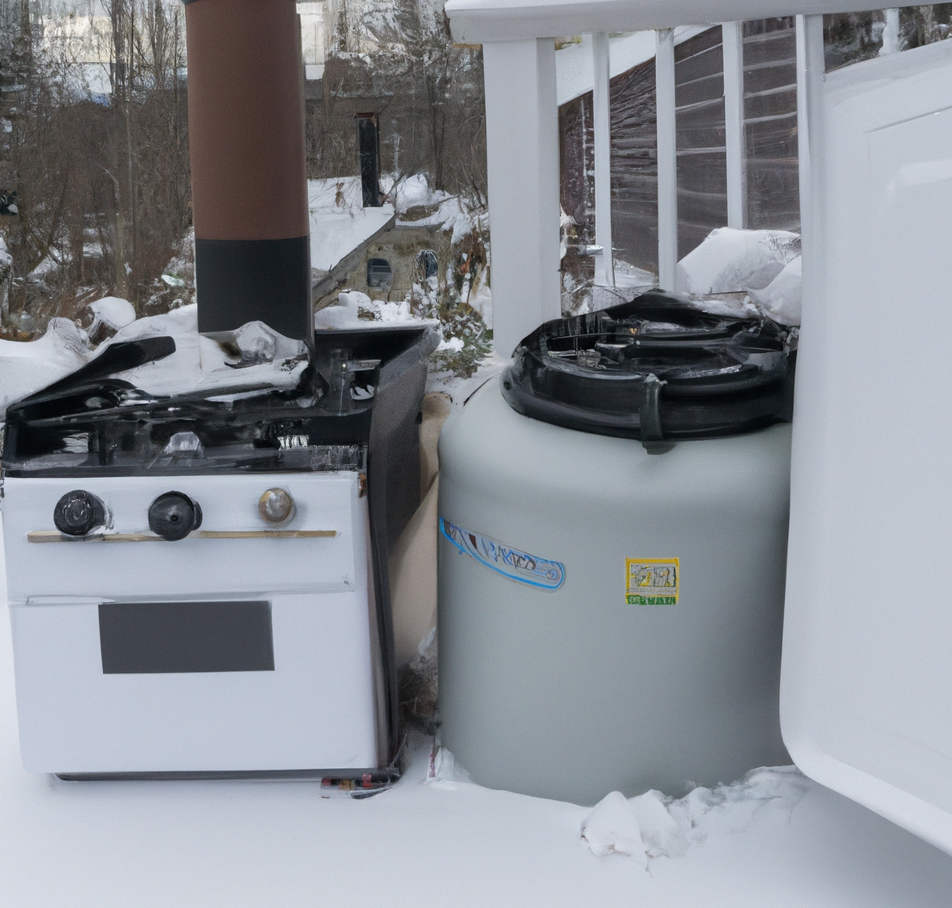The provincial election is the perfect opportunity to lay down the gauntlet against the green extremists’ unjustified war on natural gas furnaces and stoves that is slowly creeping up on us.
The City of Nanaimo – yet another British Columbia municipality – just passed a regulation that will ban natural gas heating in new home construction after July 2024. It is only a matter of time before this discussion starts up in earnest in Manitoba and municipalities within this province.
A natural gas ban coming to Manitoba is not far fetched. In 2021 it appeared on the policy radar screen for the first time. A committee within the Winnipeg city government examined the feasibility of weaning the city off natural gas – fortunately it went nowhere with experts weighing in on the impracticality of the move.
Referring to Nanaimo’s newly minted natural gas ban, a news report from a B.C. newspaper quotes a political science professor who burbles positively that these city natural gas bans are “falling dominoes.”
It’s time to prove this “domino theory” wrong and draw the line on yet more crackpot climate policy.
As we get closer to the federal government’s impossible “net zero” goals, there will be intense interest group pressure on local governments to ban fossil fuel energy sources, particularly natural gas, in favour of unreliable and costly renewable sources.
With the election called earlier this week all parties running have an opportunity to affirm their support for customer choice and for affordable and reliable energy sources. This includes access to cheap and plentiful natural gas which works well even at extremely low temperature, unlike the expensive electric heat pumps pushed by the green lobby.
Manitoba could easily follow an emerging American precedent and take the drastic but necessary step of prohibiting municipalities, from restricting or banning natural gas services. Provincial legislation takes precedence over municipal bylaws or regulations if there is a conflict. This means provinces can pass laws that restrict the ability of municipal governments to pass such bans by modifying their legislation governing local governments (i.e. the City of Winnipeg Act), construction codes, and other regional planning legislation to prevent expensive and unjustified restrictions on consumer choice in energy like banning gas stoves and furnaces.
Some say that Winnipeg is the coldest city in the world. Therefore, limiting home heating options has life or death consequences. Which of the political parties will step out and declare Manitoba to be Canada’s first province to preserve this essential energy choice for Manitoba homeowners by prohibiting municipalities from banning natural gas services?
No doubt, this commonsense policy, which costs nothing, would be popular with Manitoba voters.
As mentioned above there is clear precedent south of the border.
Many American states have passed laws that prevent local natural gas bans and enshrine customer choice. In fact, the following states have laws prohibiting local government natural gas bans: Arizona, Utah, Wyoming, Oklahoma, Texas, Louisiana, Tennessee, Arkansas, Iowa, Kentucky, West Virginia, Mississippi, Alabama, Georgia, Ohio, Missouri and Kansas. They are joined by at least seven more other states who are also in the process of also passing some form of legislation to prevent local government restrictions on energy choice.
Manitoba could be a trailblazer in preventing municipal natural gas bans and create a different domino effect, one where all provinces push back on climate fanatic attacks on cheap and efficient natural gas and adopt province wide laws to protect consumer energy choice.
Joseph Quesnel is a Senior Research Fellow at the Frontier Centre for Public Policy.



